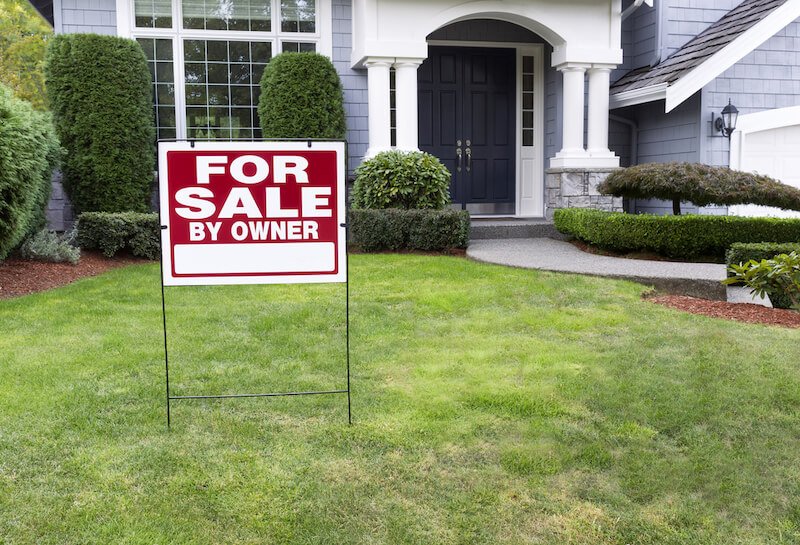If you’re planning to sell your home, you’ll probably hear the word “equity” tossed around a lot. It’s a key piece of the puzzle, and it affects how much money you walk away with after the sale. But what does it actually mean? And how does it work in practice when the “For Sale” sign goes up?
What is Home Equity?
Home equity is basically the bit of your home that you truly own. It’s the difference between how much your property is worth and how much you still owe on your mortgage.
Here’s a quick example:
Say your house is worth £300,000 and you’ve got £180,000 left on your mortgage. That means you’ve got £120,000 in equity.
Sounds straightforward, right? It mostly is, but there are a few twists worth understanding before you start planning what to do with that money.
How Equity Builds Over Time
You don’t need to pay off your whole mortgage before you start building equity. Every time you make a mortgage payment, a part of it goes towards paying down the loan. That helps boost your equity bit by bit.
Also, if the value of your home goes up because of market conditions or if you’ve done work on the place like an extension or a kitchen upgrade, that can increase your equity too.
It’s not all guaranteed though. Property prices can fall, and if they do, your equity could shrink. In some cases, people can even end up in “negative equity,” where the mortgage owed is more than the home is worth. That’s not ideal if you’re trying to sell, but more on that later.
Why Equity Matters When Selling
Here’s the real reason equity gets so much attention. It directly affects how much money ends up in your bank account after the sale.
When you sell your home, the buyer pays the agreed price to your solicitor or conveyancer. From that amount, the outstanding mortgage is paid off. Whatever’s left after fees and any other costs (like estate agent commission or solicitor’s fees) is yours to keep. That’s your equity converted into cash.
What if You Have Little or No Equity?
Not everyone sells with a big cushion of equity. Sometimes you’ve only just bought the place, or the market hasn’t gone your way.
If you’ve got low equity, you’ll still need to make sure the sale covers the mortgage balance and other costs. Otherwise, you could end up having to bring money to the table just to sell. And that’s never fun.
It gets trickier if you’re in negative equity. Say your home is worth £200,000 but you still owe £210,000 on your mortgage. Unless your lender agrees to a short sale, you might not be able to sell at all without making up the difference from your own funds.
Can You Use Equity Before Selling?
You can, through something called a remortgage or by taking out a secured loan. People sometimes do this to renovate their home, consolidate debt, or help fund a new purchase. But if you’re planning to sell soon, it might not be the best move unless it increases your home’s value significantly.
It’s always smart to think through how any extra borrowing will affect what you walk away with later.
How to Know How Much Equity You’ve Got
A good starting point is to get a proper valuation of your property. You can do this by:
- Speaking to local estate agents
- Checking similar properties online
- Getting a formal valuation from a surveyor (especially if you’re remortgaging)
Then, check your most recent mortgage statement or speak to your lender to find out what you still owe. Subtract the mortgage from the home’s estimated value, and you’ve got a rough idea of your equity.
Equity and Buying Your Next Home
If you’re selling to buy somewhere else, your equity often becomes your deposit. That’s why people aim to build up as much as possible. It can help secure a better mortgage deal on the next place.
In fact, the more equity you have to put down, the more options you’ll usually get with lenders.
Let’s say you’ve got £100,000 equity. If the next place you want costs £400,000, you’d only need to borrow £300,000. That puts you at a 75% loan-to-value (LTV). That tends to unlock better interest rates than, say, borrowing 90% of the price.
Fees That Can Chip Away at Your Equity
It’s easy to forget that selling a house isn’t free. Some of the typical costs that come out of your sale price include:
- Estate agent fees (usually 1%–3% of the sale price)
- Solicitor or conveyancer fees
- Mortgage exit fees
- Early repayment charges (if your mortgage deal has one)
- Removal costs (if you’re moving)
All of these nibble away at what you take home. It’s worth budgeting for them before you count your equity as spendable cash.


